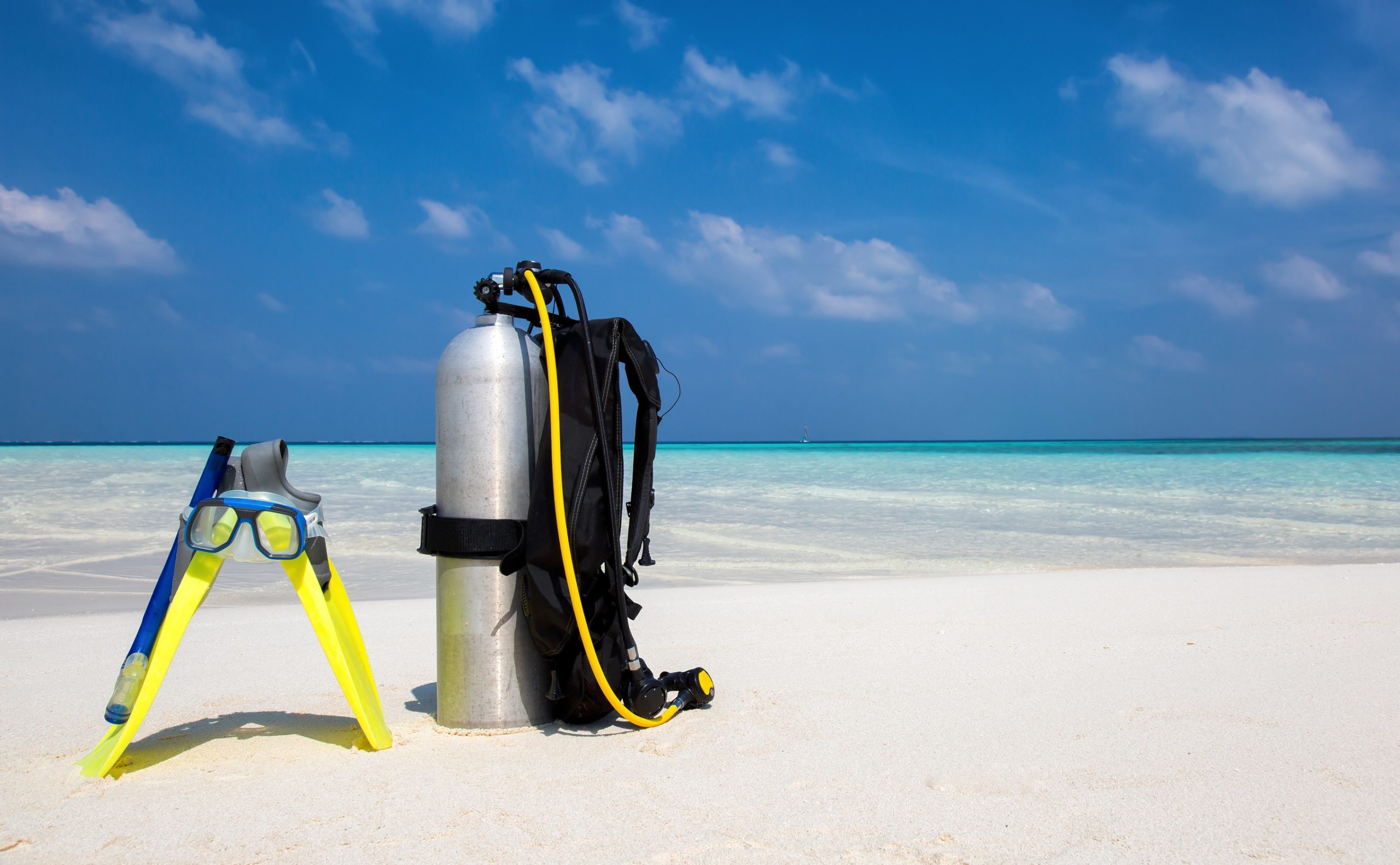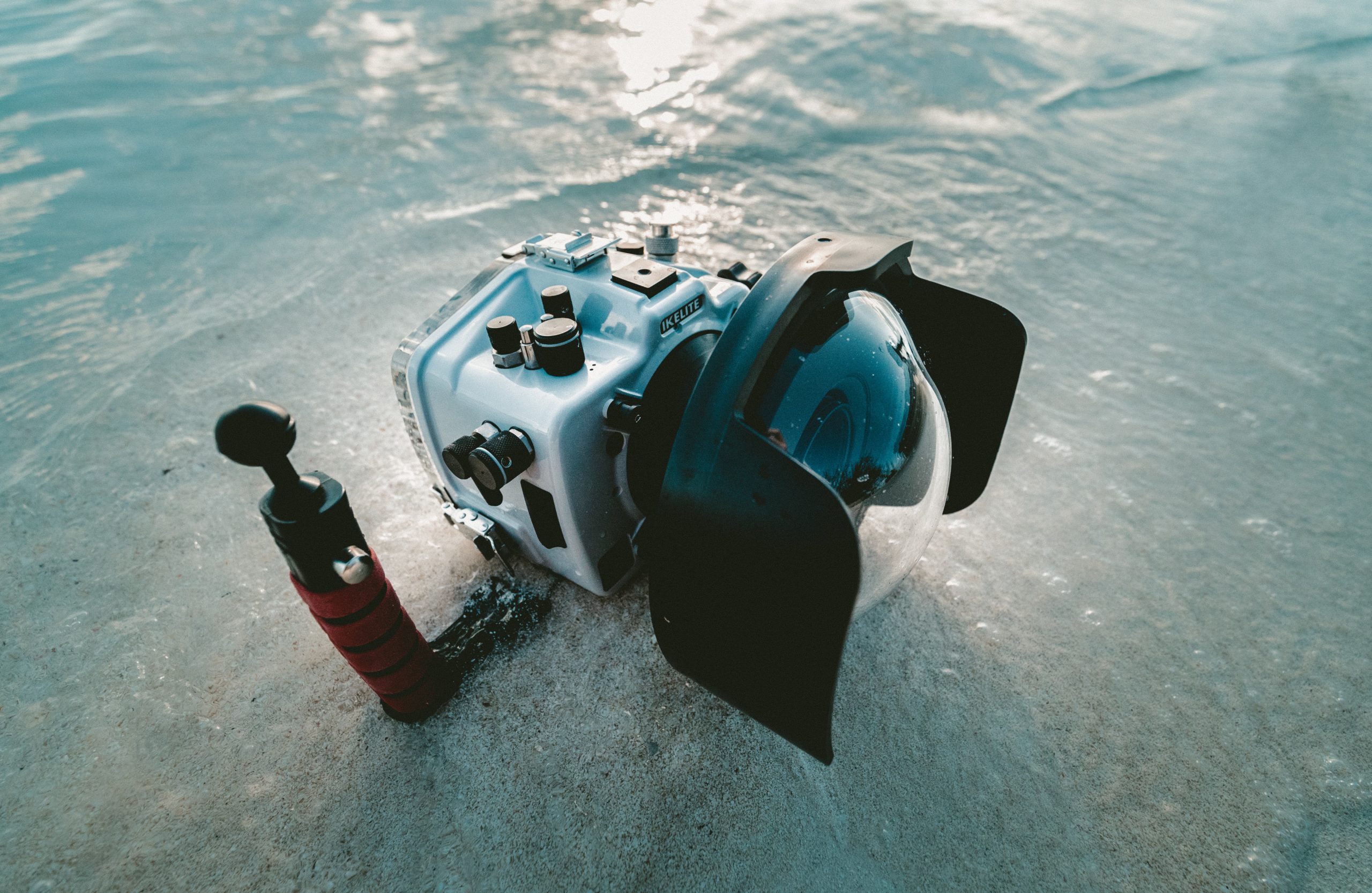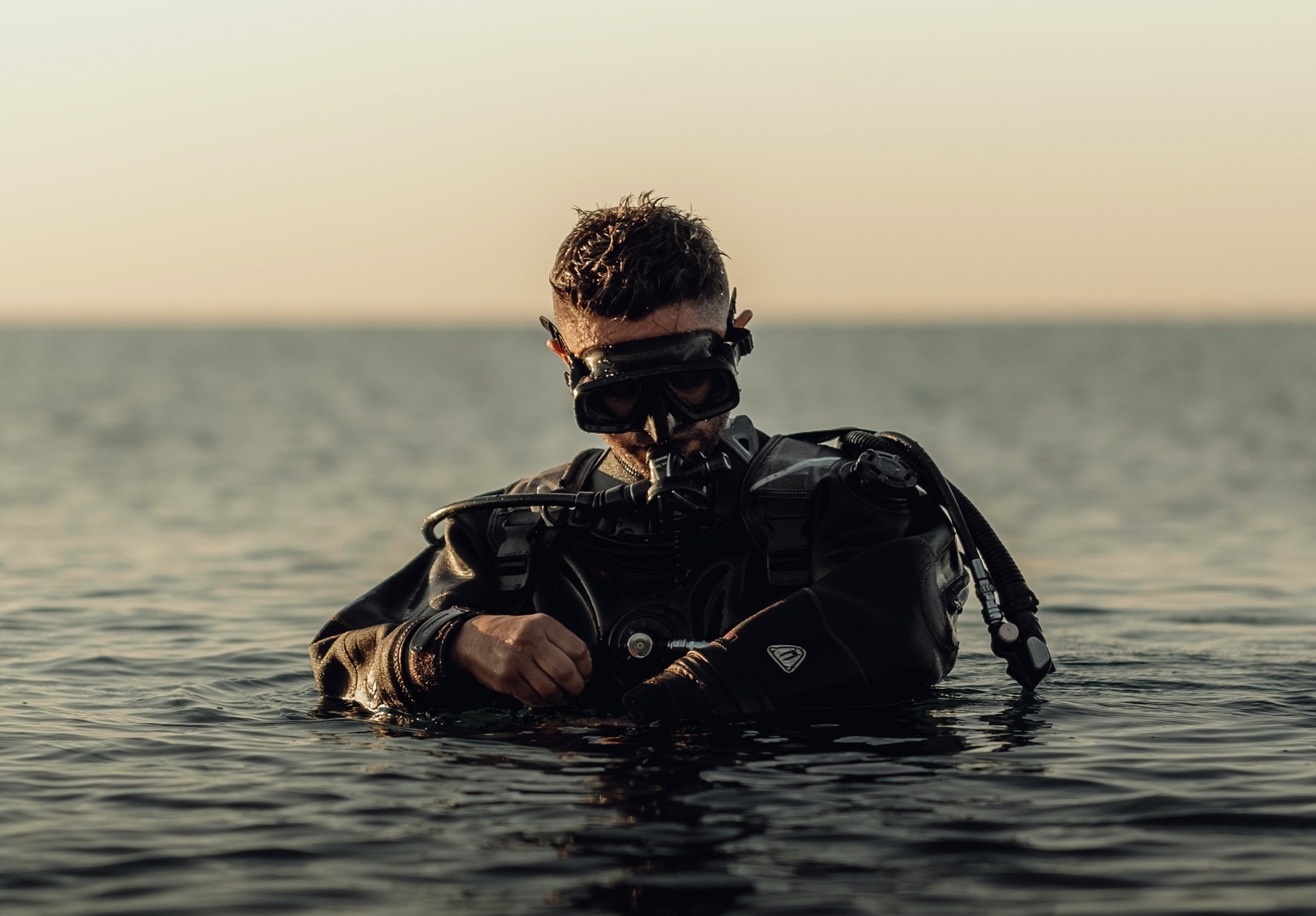Table of Content
So you’re now certified, and you’re thinking of going on a special liveaboard diving trip for your first official dive, but you’re not quite sure how to go about buying your own dive gear.
Well, the good news is it’s actually not that complicated. You can find a basic list of essential dive gear anywhere online, and you can always consult your dive instructor about what exactly you need to buy.
That said, it’s important to consider certain things before buying your gear, as well as knowing what each piece of gear is and what to look for when buying one.
Read on and learn about the ins and outs of buying your own dive gear.

Things to Consider Before Buying Your Own Dive Gear
Before even thinking about dive equipment and scouring your local stores or the internet for the best deals on dive gear, you have to consider a number of factors so you can narrow down your search:
Type of Diving
You have to determine exactly what kind of diving you’re going to do, as some dive equipment is more ideal for certain conditions than others.
This means considering where you’re liveaboard diving (whether you’re diving in the Galapagos Islands, or in somewhere warm like Mexico’s Sea of Cortez; and/or whether or not the dive site you’re planning to go to is beginner-friendly); what you’re going to do in your dive–whether you’re doing some night diving, some underwater photography (you’ll have to consider getting a quality underwater camera for this), and/or some wreck diving; and your type of entry (shore entry or boat dive).

Budget
There’s no denying it. Scuba gear is expensive, and diving is an expensive hobby (even without considering travel costs). As such, it’s important to consider whether you’re willing to get second-hand gear or invest initially in cheaper equipment. Of course, just because something’s more affordable, doesn’t mean it’s inferior in quality. Depending on your level, and the type of diving you’ll be doing, sometimes all you need is something that’s durable and simply does the job (just like these Seiko dive watches).
Apart from the price of the dive gear, when thinking about your budget, it’s also important to consider whether the equipment you’re considering buying are locally available (because you might pay more for shipping), whether after-sales service is available for them, and whether it’s easy to get part replacements if needed.
Time
This is something overlooked by most beginner divers, but you have to consider how often you’d go diving. You’ll have to invest in gear that can take a beating if you’re diving say, every other weekend. Conversely, it would be better to just stick to rentals if you only plan on diving once or twice a year.
Moreover, you’ll have to take into account the time it would take you to maintain your gear. After every dive, you’ll have to clean your gear and store them properly; and before every dive, you’ll have to take the time to double-check the condition of your gear. Lastly, you’ll also have to take into account how much time it would take you to pack your gear every time you go on a dive (you’ll have to take the time to learn how to pack your gear properly and efficiently, and you’ll have to consider your gear’s portability).
Once you’ve considered all the aforementioned factors, then you’re ready to buy your first set of dive gear.

Scuba Mask
A scuba mask allows you to see underwater and equalize properly. There are a wide variety of masks out there, with some having more features than others, but the bottom line is this–you’ll want a scuba mask that’s easy to use, fits snugly yet comfortably (you’ll have to consider if this is still the case once you put all your equipment on), allows you to breathe properly, and provides excellent underwater vision.
Snorkel
While a snorkel is a great piece of equipment if you also plan on doing a lot of snorkeling, it’s primary use when scuba diving is for you to conserve the air in your tank when you’re still on the water’s surface. As such, it’s best to keep it simple when buying a snorkel. You’ll want a snorkel that’s easy to use, comfortably attaches to your mask, and has a mouthpiece that’s comfortable in your mouth.
Fins
Fins allow divers to propel themselves in the water more efficiently. You’ll want a pair that fits snugly yet comfortably (you have to be able to wiggle your toes), is not overly long, and generates a fair amount of thrust. If you’re a beginner, stick to using more flexible fins.
Moreover, it’s important to remember that as a general rule, full-foot fins are for warm waters, whereas open-heel fins are for cold waters since you’ll be wearing them with dive boots for better insulation